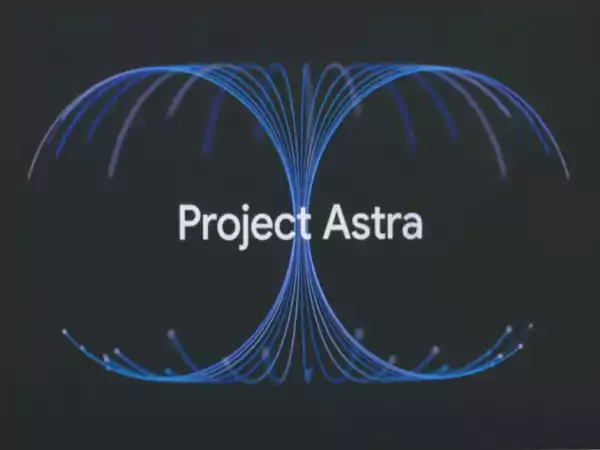
Google DeepMind has launched an exciting array of new products and prototypes that could potentially help it reclaim its position at the forefront of the generative artificial intelligence landscape.
At the leading front is Gemini 2.0 which is the latest version of Google DeepMind’s suite of multimodal large language models which is now enhanced with the capability to control agents. Alongside this is a revamped version of Project Astra, the ambitious all-in-one app that the company hinted at during Google I/O in May.
MIT Technology Review experienced Astra last week, in an exclusive live demonstration and the experience was nothing short of breathtaking yet there is a major gap between the polished promotional material and the live showcase.
Astra uses the integrated agent framework of Gemini 2.0 to respond to queries and perform tasks through speech, text, video and images seamlessly adding existing Google applications such as Lens, Search and Maps.
As remarks made by Bibo Xu, the product manager for Astra, “It’s combining some of the most powerful information retrieval systems of our time.” In addition to Gemini 2.0 and Stra, there is a Mariner which is a new agent built on Gemini which can browse the web on their behalf. Jules is a coding assistant who is powered by Gemini and Gemini for games, an experimental assistance users can chat with for tips while playing video games.
Google DeepMind has asserted that Gemini 2.0 is much faster than its predecessor, Gemini 1.5 and it surpasses it on various standard benchmarks which include MMLU-Pro. MMLU-Pro is a comprehensive set of multiple-choice questions designed to evaluate the capabilities of large language models in several subjects such as health, math, physics, philosophy and psychology.
However, the difference between top-tier models such as Gemini 2.0 and those from competitors like Anthropic and OpenAI are now minimal.

Thanks for choosing to leave a comment. Please keep in mind that all comments are moderated according to our comment Policy.